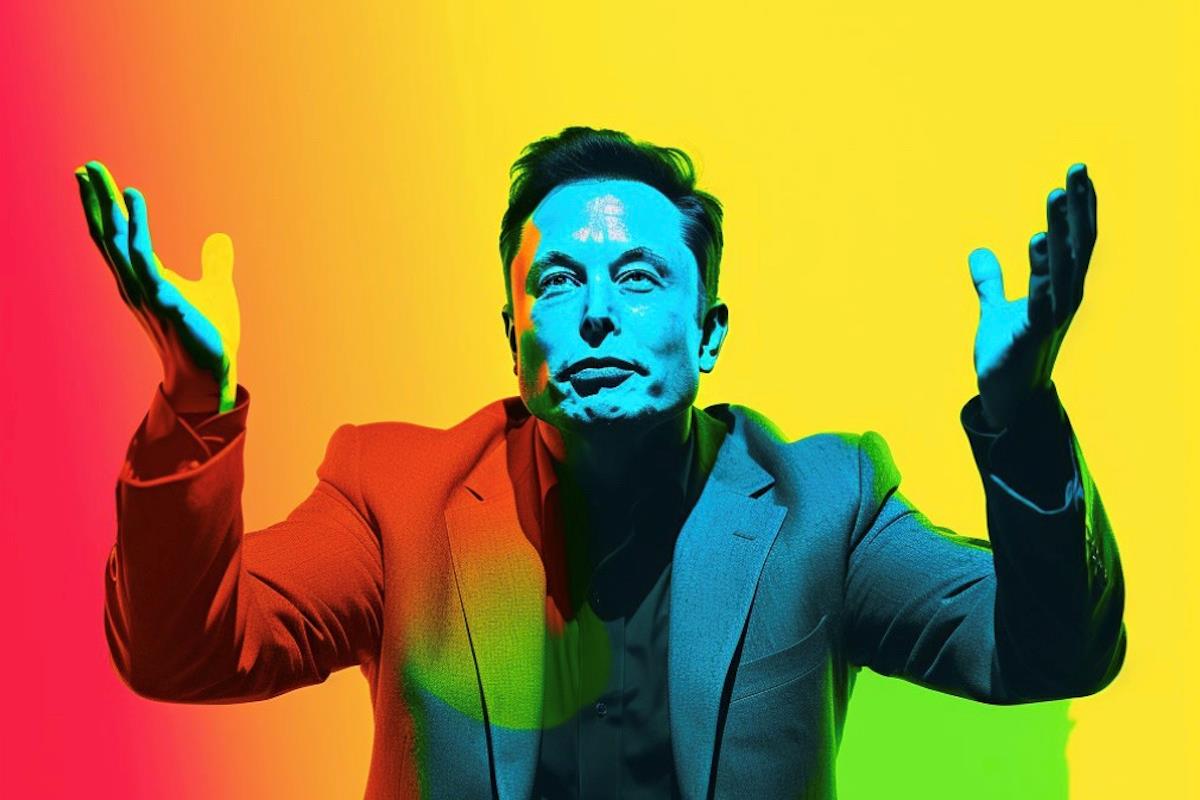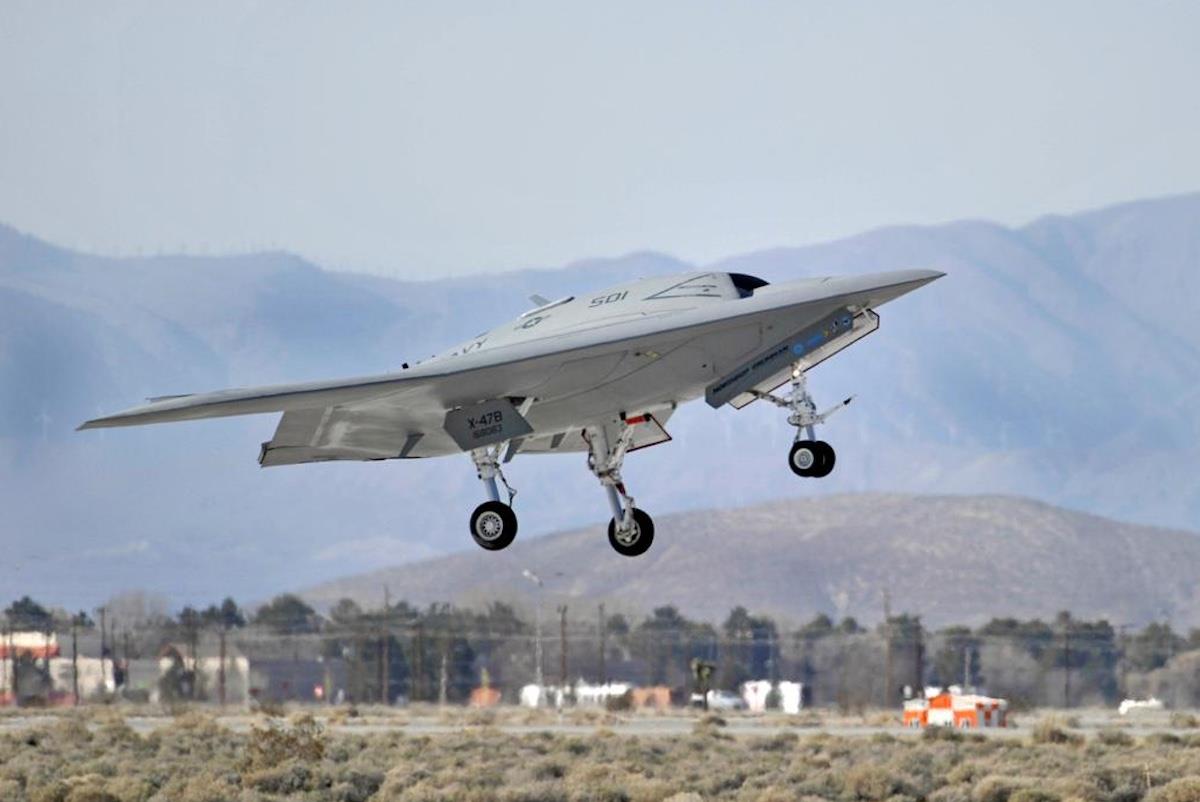
Chinese Evs And The Race For Autonomous AI
They have also attracted the attention of US scientist and Pattern Computer CEO Mark Anderson, who sees an unprecedented challenge to Western supremacy in the technologies that support China's hyper-competitive electric vehicle (EV) industry. Pattern Computer is a machine learning and AI company headquartered in the state of Washington.
In an essay entitled“THE RACE FOR AUTONOMOUS AI: The Key to Global Technical and Economic Dominance,” which appeared in the July 7 edition of his Strategic News Service Global Report on Technology and the Economy, Anderson identified the EV as an enabler for critically important technologies.
In his view, the winner of the race to lead the global EV market“will, in one product, gain leverage or domination in:
-
autonomous AI
light-weighting new materials
advanced manufacturing
lidar/radar
computer vision
advanced computing software and hardware
advanced chips
batteries
energy grid redesign
charging-station design and control
broadband realtime networking
data collection/management technologies
(and of course) the data itself collected around the world
oh yeah, and money – lots of it.”
Electric vehicles, therefore, are not just a“like to have” but a“must have” industry.
Autonomous AI is at the top of the list because it could deliver what OpenAI/ChatGPT promises to deliver but can't – advanced general intelligence (AGI). ChatGPT and models like it are“for tasks that are language-related – only.”
“Instead of – or in addition to – the AGI hunt,” writes Anderson,“let's focus on autonomy. After all, a compute system that can perform successfully on its own, without human guidance, may be the ultimate intended purpose of AGI in any case.”
“As with AGI,” he continues,“no one has yet succeeded in the hunt for autonomy, although it is likely that Elon Musk and Tesla have pressed the limits of the types of tools (neural networks, or NNs) they're using.” Tesla has been troubled by numerous accidents, allegations of false advertising and the delayed launch of its robotaxi.
After noting that China appears to have surreptitiously acquired its autonomous driving technology from Tesla, Anderson asks,“What is China doing to cement a victory in this race for global domination in dozens of top technology categories?”
The answer, he writes, is“Everything it can, including:
. Conducting the world's largest experiment in driverless cars, in Wuhan, operated by Baidu – about to jump from 800 to 1800 robotaxis
. Having cities designate special test areas for autonomy testing
. Censoring / deleting any news of deaths and accidents by autonomous vehicles
. Having passed laws preventing any autonomy data from leaving China, with the intention of keeping foreign automakers from benefiting cross-border
. Setting up 'research' stations on autonomy in Silicon Valley – a typical move for stealing IP in the past, as in the case of the destruction of Motorola

Legal Disclaimer:
MENAFN provides the
information “as is” without warranty of any kind. We do not accept
any responsibility or liability for the accuracy, content, images,
videos, licenses, completeness, legality, or reliability of the information
contained in this article. If you have any complaints or copyright
issues related to this article, kindly contact the provider above.





















Comments
No comment